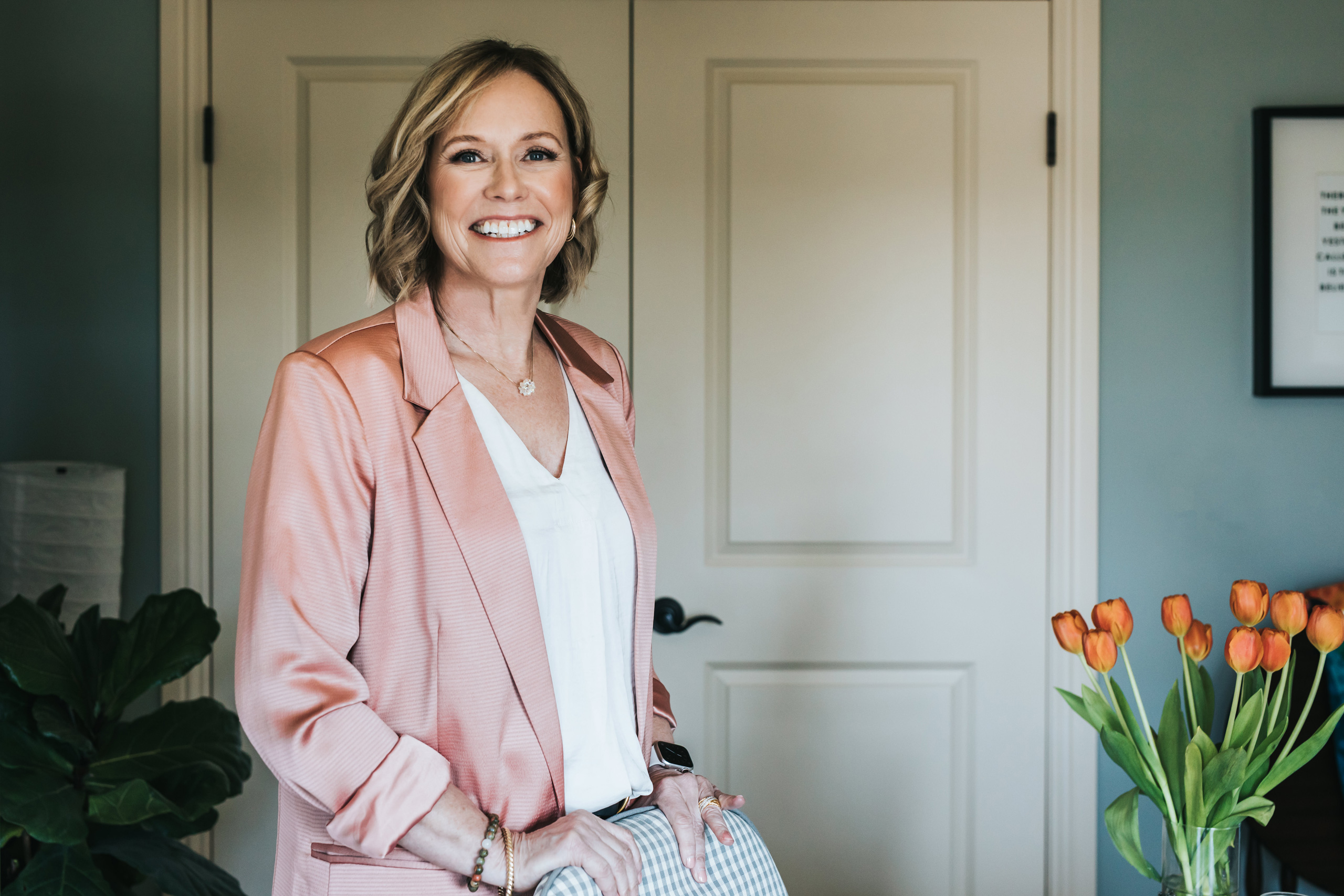4 Mindfulness Practices for Inner Peace and Contentment
Over 2500 years ago, the Buddha shared a fundamental truth that is very relevant in modern times- there is suffering in life. His teachings and practices were aimed at helping people find a sense of inner peace amidst life’s challenges.
When we embrace life as stressful, we can shift our attention to cultivating that we have control over – building resilience and staying grounded amid life’s challenges.
Focusing on that which is within our control opens up new possibilities for how we do life.
It’s empowering to know that we don’t find inner peace; we create inner peace. We often can’t change things outside of us. We can change something inside of us.
How can we cultivate inner peace and contentment through mindfulness?
Regulate our nervous systems so we’re not in a perpetual fight, flight, or freeze.
As we learn to settle our minds and create space for silence, we give our bodies a deep state of rest. It enables us to shift out of survival mode into a healthy and nourishing way of being.
In the book Good Anxiety: Harnessing the Power of the Most Misunderstood Emotion, Dr. Wendy Suzuki recommends three research-based ways to help build resilience in the face of stress – meditation, exercise and nutrition. The article, 5 Tips To Befriend Your Fear And Anxiety For A More Peaceful Life explores this further.
Meditation is a core practice that creates an environment in our body and mind that promotes health and healing. We are cultivating the ability to be resilient from the inside out.
Through intentional inner practices, it is possible to transform feelings like anger, resentment, and bitterness into life-sustaining emotions like self-compassion, forgiveness, gratitude and joy.
Develop the ability to pay attention with curiosity and without judgment to each moment.
In other words, we practice mindfulness, which enables us to become aware of our surroundings, thoughts, feelings, and the subtleties of our bodies to gain insight and make wise choices.
Mindfulness helps us develop an increased awareness of our lives as they unfold. We do this by accepting rather than judging what is arising.
This is about learning to live in the moment, even if and when it feels uncomfortable. It is about cultivating the ability to witness what arises from a detached curiosity rather than being swept away in the drama of our habitual stories and feelings.
We become more skilled at accepting what arises in our lives, including those things that feel uncomfortable, and in the process, we feel more peaceful. Our actions stem from a place of wisdom grounded in the understanding that we are all connected.
In the meditation article I mentioned above, I share a link to Mindfulness Daily, a free online 40-day program with Jack Kornfield and Tara Brach that will help you establish a short daily practice.
Connect with an intelligent life force that flows through us.
Increasing evidence and research show that spirituality promotes resilience and positively impacts physical and emotional health. This is excellent news, with many people viewing themselves as spiritual.
Our meditation practice enables us to be more fully present, increasing our connection to intuition, creativity, coincidences, and synchronistic events.
These soul nudges can be used to guide our lives, and they become our inner compass.
We begin to thrive in our relationships, vocations, and health as we align our outer lives with our inner knowing.
Shine a light on the shadow stressors that prevent inner peace and contentment.
Shadow stressors, or those things in our lives that are out of our awareness, contribute to our disconnect from inner peace and contentment. This is similar to an iceberg, where we only see a small portion of the ice; there is a lot more going on underneath that we can’t see.
There are many, but here is a couple for you to be mindful of:
Gender Conditioning
For women, additional stress, anxiety and depression arise from the not-spoken but felt message that we’re supposed to be selfless, self-sacrificing and continually open to giving. In short, we’re good and worthy women if we put ourselves last.
Men are confined in a different box and are expected to provide, protect and do it all without showing weakness or vulnerability. Men are not supposed to have or show feelings and are generally not as connected to their intuition. Men are good and worthy if they are strong and fulfill their roles.
Carrying these roles gets heavy and creates an imbalance within ourselves and our relationships. We create inner peace and contentment when we have the right relationship with ourselves and others.
Coming into this right relationship will likely mean we must endure the discomfort of change to arrive at a more peaceful place. Ironically, the inability to sit in discomfort is what prevents many people from becoming more peaceful.
Our dual nature
The ancient wisdom teachings emphasized the belief that we have a dual nature—our conditioned and true selves.
Our conditioned self is who we think we should be based on our conditioning, societal messages, and personality structure, along with habitual thoughts, feelings, and limiting beliefs.
Our conditioned self is the source of a lot of stress and suffering in our lives, and we have our true self, which is the essence of who we are.
The soul energizes our true self and who we are meant to become. The more estranged we are from our true selves, the more disconnected we will be from inner peace and contentment and experience soul hunger.
Inner peace and contentment arise when there’s alignment between who we are and how we live our lives. The greater the alignment, the more vital, connected and fulfilled we’ll feel.
We ALL deserve a more profound sense of inner peace and contentment. When we gain some tools and realize that we have the power within us to create it, we reclaim our lives and grow into who we’re meant to become.
If you feel called, please comment below. Our community would love to hear from you.

